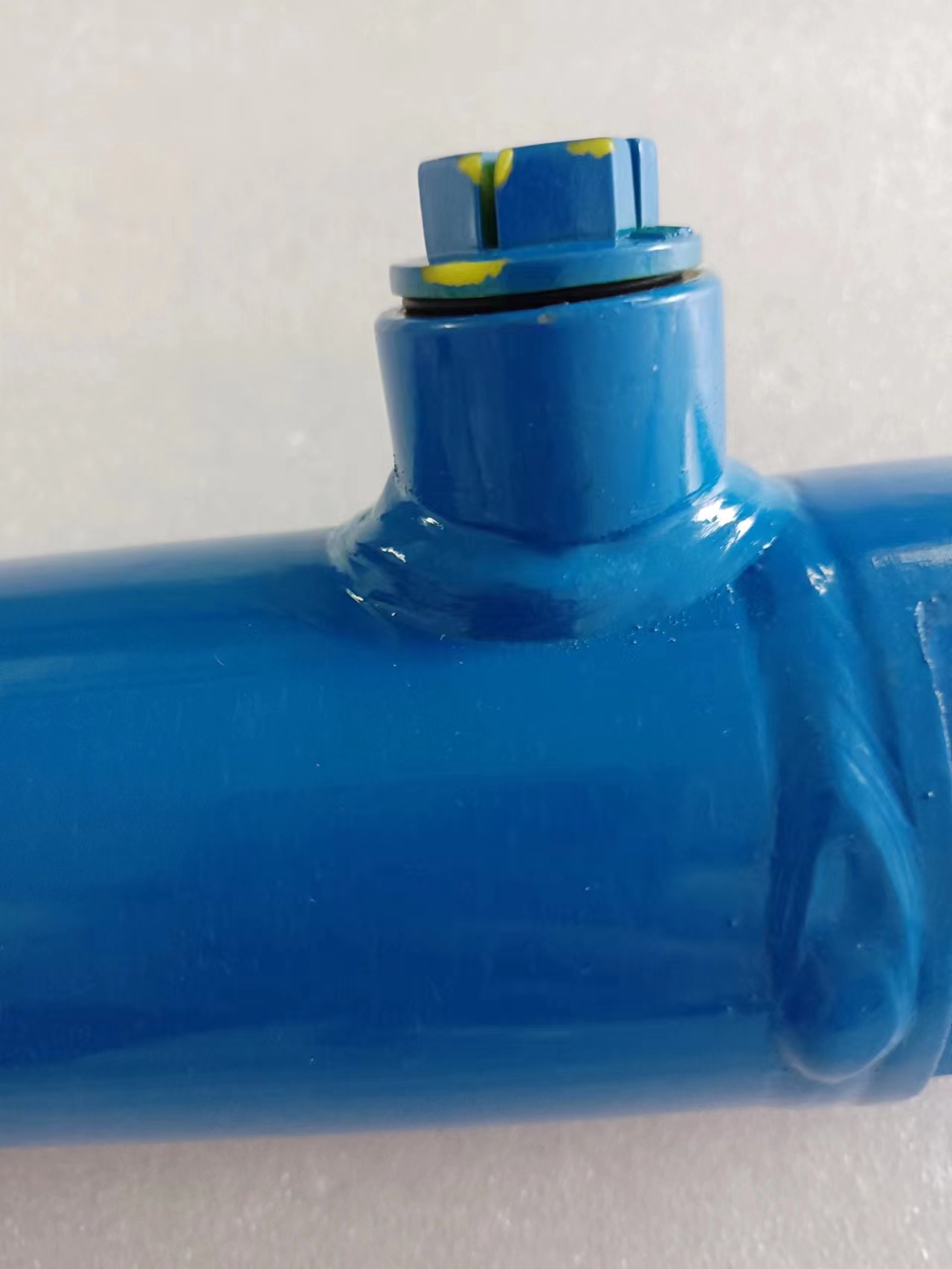Nov . 10, 2024 15:18 Back to list
Innovative Oscillating Hydraulic Cylinder for Enhanced Performance and Efficiency in Industrial Applications
Understanding the Oscillating Hydraulic Cylinder An Overview
Hydraulic cylinders are critical components in various industrial applications, playing a vital role in converting hydraulic energy into mechanical force. Among the different types of hydraulic cylinders, oscillating hydraulic cylinders have garnered attention due to their unique operational characteristics and applications. This article will explore the fundamental principles underlying oscillating hydraulic cylinders, their advantages, and potential applications across various industries.
What is an Oscillating Hydraulic Cylinder?
An oscillating hydraulic cylinder is a type of hydraulic actuator designed to produce a back-and-forth motion, or oscillation, rather than a linear motion. This is achieved through a specific design that allows the cylinder to pivot around a fixed point. The movement is typically controlled by pressurized hydraulic fluid, which allows precision and power in the oscillation process. The construction of these cylinders includes critical components such as the cylinder body, piston, seals, and hydraulic connections, all of which are engineered to sustain the hydraulic forces involved.
Working Principles
The operation of an oscillating hydraulic cylinder is based on fluid mechanics principles. When hydraulic fluid is injected into one side of the cylinder, it creates pressure that forces the piston to move. The unique design allows this motion to create oscillation. As the piston moves to one end, the hydraulic fluid can be redirected, causing the piston to move back in the opposite direction. The frequency and amplitude of the oscillation can be controlled by adjusting the flow rate and pressure of the hydraulic fluid, making these cylinders highly adaptable to specific application requirements.
Advantages of Oscillating Hydraulic Cylinders
1. Versatility Oscillating hydraulic cylinders can be used in numerous applications ranging from manufacturing to material handling and robotics. Their capability to produce precise oscillatory motion allows for versatile usage in various machinery and systems.
2. High Efficiency The hydraulic system is capable of transmitting significant power with minimal energy loss compared to traditional mechanical systems. This efficiency often translates into reduced operating costs and increased productivity.
3. Compact Design These cylinders often feature a more compact design than linear actuators, making them easier to integrate into existing systems where space is limited.
oscillating hydraulic cylinder product

5. Durability Hydraulic systems, when designed properly, can withstand considerable stress and wear, offering a longer service lifespan than many traditional mechanical alternatives.
Applications Across Industries
Oscillating hydraulic cylinders are employed in a wide range of industries including
- Manufacturing In assembly lines, these cylinders facilitate processes such as sorting, positioning, and riveting components in a timed and controlled manner.
- Construction They are used in equipment that requires lifting, lowering, or rotating loads, such as in cranes or excavators.
- Agriculture These cylinders are employed in various farming equipment, helping to automate processes like tilling, planting, and harvesting.
- Robotics In robotic arms, oscillating hydraulic cylinders enable precision movement for various tasks, such as pick-and-place operations.
Conclusion
The oscillating hydraulic cylinder represents a significant advancement in hydraulic technology, combining flexibility, efficiency, and precision. As industries continue to seek innovative solutions for enhancing productivity and performance, the demand for oscillating hydraulic cylinders is expected to grow. Understanding the mechanics and applications of these systems will be key for engineers and technicians who aim to harness their full potential across multiple sectors. The future of industrial automation looks promising, and oscillating hydraulic cylinders will undoubtedly play a pivotal role in shaping that future.
-
1.5 Ton Flipping Oil Cylinder 70/82-40-217-720-Hebei Shenghan Hydraulic Machinery|Precision Hydraulic Cylinder,Custom Hydraulic Solutions
NewsAug.29,2025
-
1.5 Ton Flipping Oil Cylinder 70/82-40-217-720 | Hebei Shenghan Hydraulic Machinery Co., Ltd.
NewsAug.29,2025
-
High-Precision [90/105-50-180-480] Industrial Component | Durable & Reliable
NewsAug.27,2025
-
High-Performance Set of 50/60-45-290 471 | Durable & Reliable Components
NewsAug.26,2025
-
Efficient Pallet Truck Power Units - Reliable Hydraulic Systems
NewsAug.25,2025
-
Premium Set of 50/60-45-290 471 Parts | High Performance
NewsAug.24,2025
